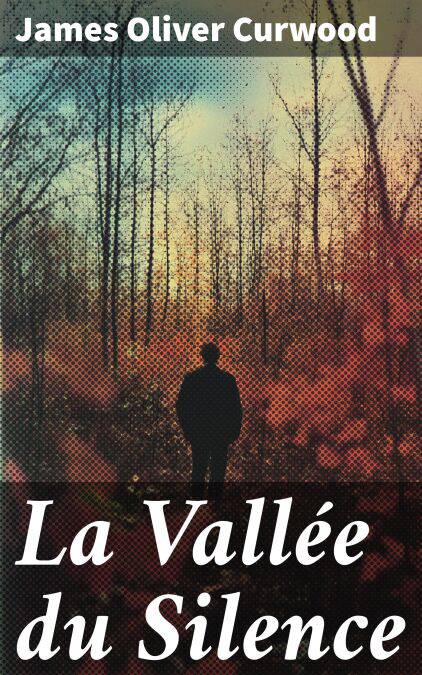
- Afhalen na 1 uur in een winkel met voorraad
- Gratis thuislevering in België vanaf € 30
- Ruim aanbod met 7 miljoen producten
- Afhalen na 1 uur in een winkel met voorraad
- Gratis thuislevering in België vanaf € 30
- Ruim aanbod met 7 miljoen producten
Zoeken
John Long's journal, 1768-1782 E-BOOK
Voyages and Travels of an Indian Interpreter and Trader, describing the Manners and Customs of the North American Indians
John Long
E-book | Engels
€ 1,99
+ 1 punten
Omschrijving
In "John Long's Journal, 1768-1782," J. Indian Trader Long masterfully captures the nuanced dynamics of trade and cultural exchange between European settlers and Indigenous peoples during a formative period in North American history. Written in a straightforward yet evocative style, Long's journal entries reveal the complexities of frontier life, characterized by both collaboration and conflict. The narrative weaves personal anecdotes with broader historical commentary, offering readers an intimate glimpse into the daily routines, challenges, and moral quandaries of the era, making it a vital resource for understanding the evolving landscape of early American society. J. Indian Trader Long was not only a trader but also an astute observer of the peoples and cultures he encountered throughout his travels. His extensive experiences among various Indigenous tribes and European settlers provided him with a unique perspective that is reflected in the candid and often poignant reflections presented in his journal. Long was shaped by the tumultuous socio-political landscape of the 18th century, which influenced his writing and commitment to documenting the dualities of cooperation and strife inherent in his interactions. "John Long's Journal" is an essential read for scholars, historians, and anyone interested in early American history and indigenous relations. Its authentic voice and critical insights challenge contemporary readers to reflect on historical narratives while shedding light on the interconnections that define our collective past. This book not only serves as an invaluable historical document but also invites contemplation on the lessons that can be drawn from Long's lived experiences.
Specificaties
Betrokkenen
- Auteur(s):
- Uitgeverij:
Inhoud
- Aantal bladzijden:
- 340
- Taal:
- Engels
Eigenschappen
- Productcode (EAN):
- 8596547866404
- Verschijningsdatum:
- 23/04/2025
- Uitvoering:
- E-book
- Beveiligd met:
- Digital watermarking
- Formaat:
- ePub

Alleen bij Standaard Boekhandel
+ 1 punten op je klantenkaart van Standaard Boekhandel
Beoordelingen
We publiceren alleen reviews die voldoen aan de voorwaarden voor reviews. Bekijk onze voorwaarden voor reviews.








